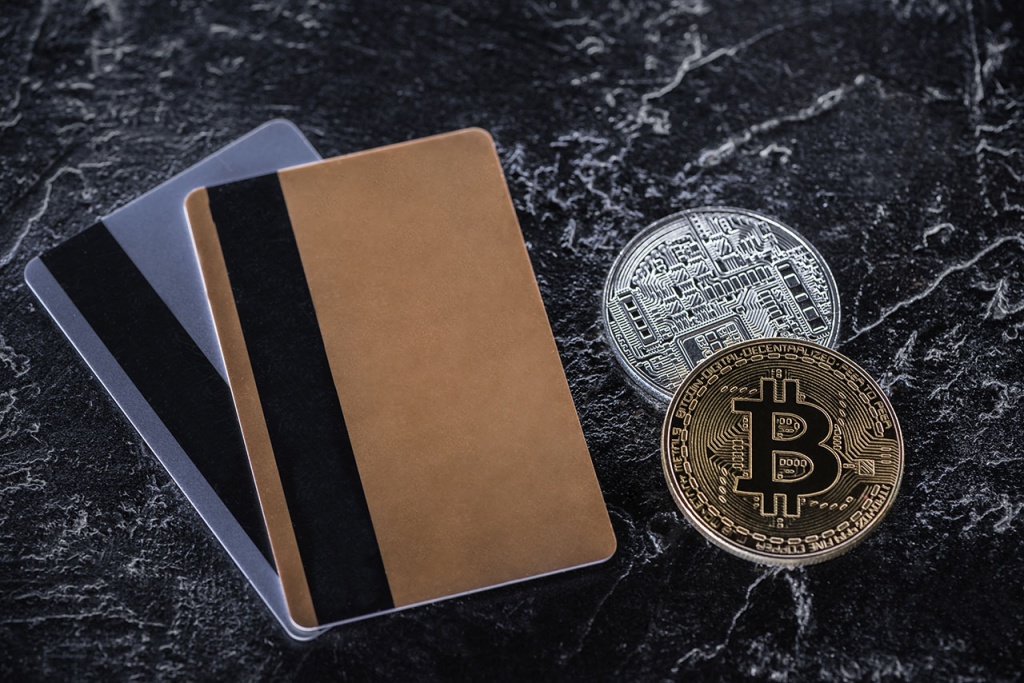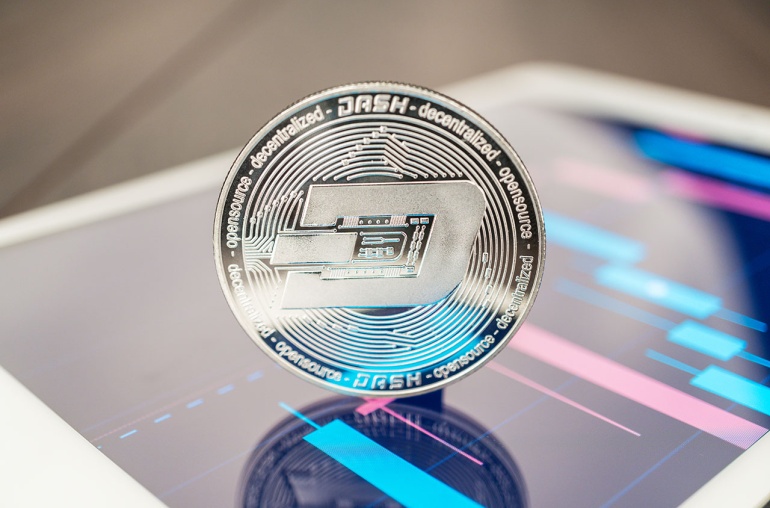Simply put, privacy coins are a form of cryptocurrency that maintain the owner’s anonymity by obscuring the flow of funds across a Blockchain network. With privacy coins, it’s extremely difficult for anyone to figure out what was sent from where and to whom. This comes in handy when you don’t want anyone to snoop around your financial transactions.
Aside from the participants involved in an exchange made with privacy coins, no one else can find out what amount was transacted. In the same way, information about the involved entities can’t be obtained by any outside observer. This includes other members of the same Blockchain system.
The anonymity and secrecy afforded by privacy coins might also inadvertently facilitate criminal activities like money laundering. This is why they’re a target of strong criticism from proponents of cryptocurrency regulations.
How Are Privacy Coins Different from Other Cryptocurrencies?
There are hundreds of thousands of cryptocurrency transactions taking place every day. Consider the example of Bitcoin. The number of daily transactions involving the world’s most popular cryptocurrency was close to 400,000 in January 2021. That figure has only increased since then.
Info about each of these exchanges and the people behind them is recorded on the Bitcoin’s Blockchain. Any member within that network can see those details. In contrast, secrecy-enhanced cryptocurrencies like privacy coins keep your identity and trading activities completely private.
Privacy Coins: The Working Mechanism
Apart from the secrecy factor, there isn’t much difference between privacy coins and other cryptocurrencies such as Bitcoin, Litecoin, Ethereum, and Dogecoin. Like these well-known digital currencies, privacy coins also run on Blockchain-based decentralized ledgers and are managed by a group of anonymous validators.
However, as already discussed, the cutting-edge confidentiality aspects distinguish privacy coins from the rest of the pack. Monero and Zcash are the two leading privacy coins in terms of market capitalization. They use various methods to obscure the information about the sender, receiver, and the amount exchanged via a Blockchain network.
Monero
Monero has various features that combine to make it next to impossible for anyone to identify transaction information on a Blockchain (public or private). There are stealth addresses, also referred to as “one-time public keys,” which disconnect the accounts taking part in a Monero transaction from outside viewers of that particular Blockchain system.
At the same time, Monero employs ring signatures to encrypt the sender’s identity by mixing it up with other “decoy identities.” Since 2017, Monero has also been using RingCT, which obscures the data regarding transaction amounts.
Zcash
Wholly transparent and private transactions have become something of a specialty for Zcash. To get started, you can pick between a “z-address” and a “t-address.” The former hides the seller’s identity while the latter functions as a non-private crypto address.
Z-addresses work on the basis of zero-knowledge proof. They verify that an exchange took place between a buyer and seller without revealing anything about that particular transaction. Hence, in any financial activity between two z-addresses, you can identify the occurrence of a transaction at a specific time. However, you won’t be able to find any information about how much money was moved or who participated in the activity.
Dash
Dash was another cryptocurrency that started life as a privacy coin, going by the name of “Darkcoin.” However, it rebranded itself in 2015 to become “Dash.” It has since shifted focus towards digital payments. Despite the project having its own coin-joining feature, CEO Ryan Taylor has insisted on multiple occasions that the product shouldn’t be considered a privacy coin.
Privacy Coins: What Purpose Do They Serve?
The goal behind the creation of privacy coins was to preserve the anonymity of crypto traders. But, for the majority of cryptocurrency users, this “solution” is highly vulnerable to misuse. Multiple research studies have revealed that the average “retail user” of cryptocurrency isn’t much bothered about privacy. In particular, Bitcoin users have been found to disregard secrecy as long as this cryptocurrency offers them ease, convenience, and simplicity of use.
Instead, and rather unsurprisingly, businesses and multinational corporations are driving the demand for privacy in crypto transactions. For instance, if you’re Google and want to make a large crypto transaction, you wouldn’t be keen on telling anyone about it.
Due to this need of mega enterprises to maintain secrecy around their operations and financial information, a completely new category of Blockchains has been developed on the idea of “privacy.” It is now possible to conceal even those transactions that involve publicly traded cryptocurrencies.
One prominent approach to obfuscation involves coin mixers. It’s fairly common in Bitcoin trading. Through it, two or more transactions are combined on their Blockchain network with a bunch of decoy transactions. As a result, instead of multiple exchanges appearing on a Blockchain with unambiguous details about the amounts, senders, and receivers, a coin mixer shows a single transaction that lists all receivers and senders.
While this Bitcoin obfuscation doesn’t offer the same secrecy as privacy coins, it’s still not possible to figure out who sent what amount to whom.
Final Words: Are Privacy Coins Legal?

Different countries have varying regulations concerning privacy coins. They’re legal in the United States, but the Secret Service has advised the Congress to enact strict laws regarding their usage. Authorities fear that digital currencies and related services with enhanced anonymity, like coin mixers and crypto tumblers, would facilitate criminal activities such as money laundering and terrorist financing.
This is why countries like Japan and South Korea have put a blanket ban on holding or trading privacy coins. In addition, the Financial Action Task Force (FATF), the intergovernmental organization that goes after money launderers, considers the use of privacy coins as a possible red flag. They can easily be used to launder money with the help of virtual assets.
Because of anti-money laundering guidance, various cryptocurrency exchanges have also removed privacy coins from their list of services in recent times. These include Kraken (fourth-largest exchange by trading volume) and Bittrex (eighth-largest exchange by trading volume). The former dropped Monero at the request of financial markets regulators in the UK, while the latter delisted both Zcash and Monero in January 2021.To learn more about privacy coins and stay up-to-date with the latest news from the crypto industry, keep watching this space on The Crypto World.



